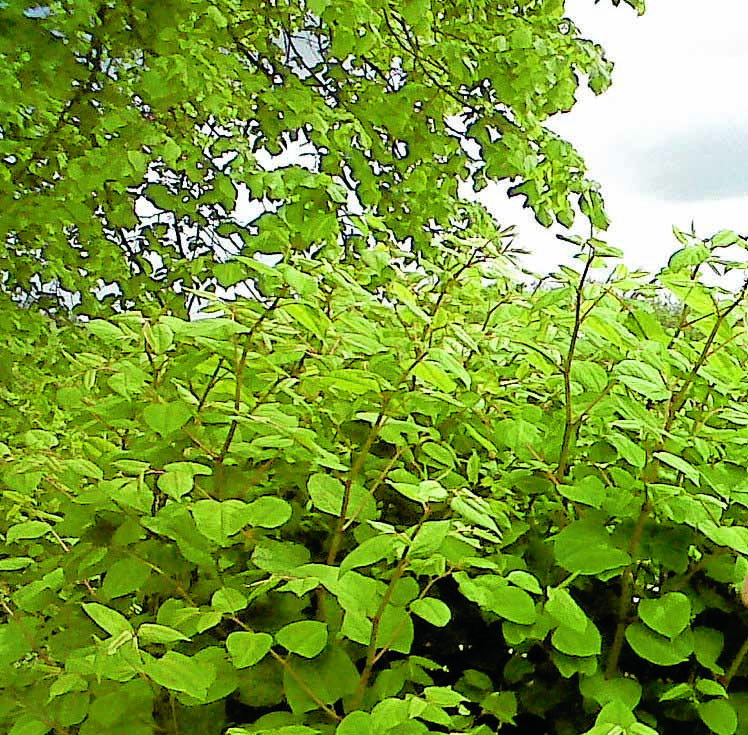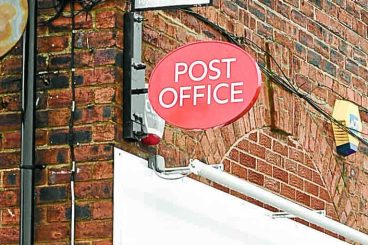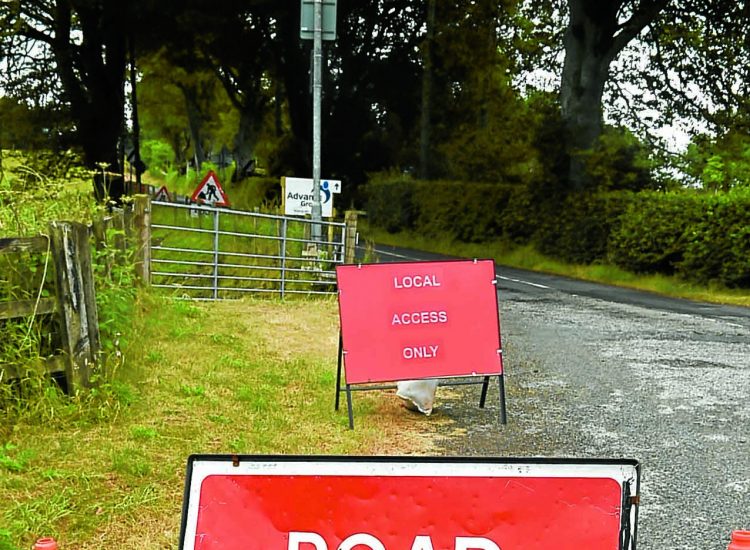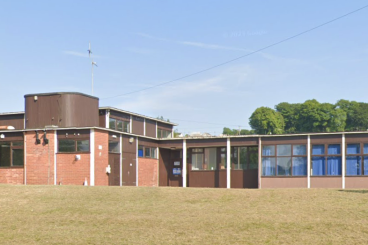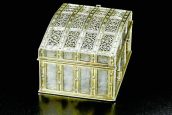CONCERNS are growing in Moffat over an ‘serious infestation’ of Japanese Knotweed.
The outbreak of the non-native invasive species has been growing along the Annan Water path by the playing fields on both sides of the river and has gone untreated despite reports from residents.
The plant produces green shoots in early spring which can reach a height of three metres before dying back in autumn. It spreads underground by means of rhizomes which can extend seven metres outwards and reach up to two metres deep.
Both community councillors and members of the public raised the matter at last week’s meeting of Moffat and District Community Council (MDCC).
Resident Andy Robb gave an overview of how bad the problem is, saying: “Opposite where the kids play football on both side of the river there is a serous infestation of Japanese Knotweed.
“The worrying aspect of it is that on the playing field side of the river it’s quite wide and the roots are coming along to the footpath, and it is an area that is mowed by the council, so they could be taking away bits of Japanese Knotweed in their grass cuttings and spreading it. So it is getting quite serious because it’s no longer just on the bank.
“It can get into buildings and warps concrete and undermines foundations, so much so that if you buy a house it’s one of the questions included on the home report.”
In response, MDCC secretary Mick Barker stated that the knotweed has been reported to the council on several occasions but nothing had been done to curb its spread.
He added: “This a matter that has been reported more than once, because the window for dealing with it is small and every year it doesn’t get dealt with in the winter.
“The other thing to be aware of with Japanese Knotweed, the not treating of it is an offence, and the council have allowed that to remain the case.”
According to the Scottish Environment Protection Agency (SEPA), managing Japanese Knotweed is the responsibility of the owner/occupier of a site and under the Wildlife and Countryside Act 1981 (WCA) it is an offence under the act to ‘plant’ or ‘otherwise cause to grow in the wild’ a number of non-native plant species including Japanese Knotweed.
In response to concerns, a council spokesperson said: “Dumfries and Galloway Council is committed to the protection of our quality of life, economy, environment and infrastructure against the adverse impacts of invasive non-native species (INNS).
“The INNS policy, agreed at Economy, Environment and Infrastructure Committee on 20 June 2017, establishes a framework that underlines this commitment. It ensures that our council complies with relevant legislation and guidance.
“In accordance with the policy, our council no longer has the capacity or the resources to address or remove INNS unless the INNS has been caused or created by council activity or is located on land owned by the council. Such sites and locations are assessed and risk appraised to ensure that our actions are appropriate.”





